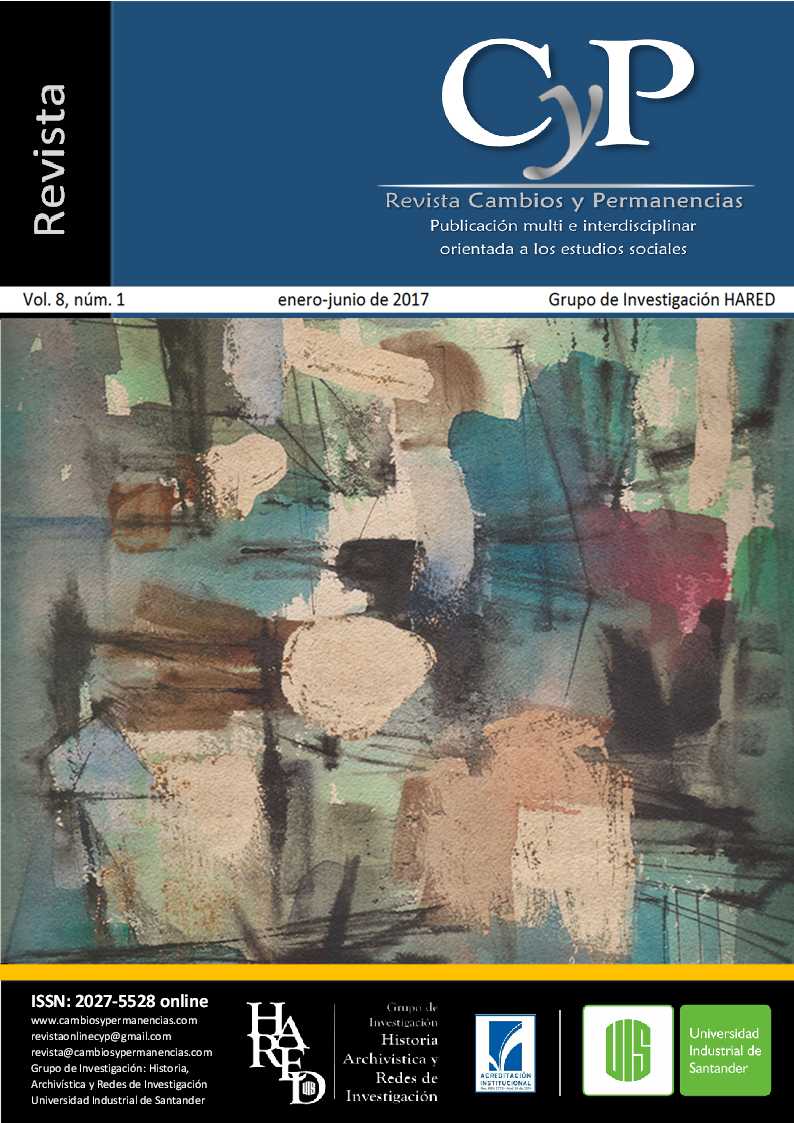Población desplazada adulta mayor: Una lectura desde el enfoque diferencial y el enfoque de derechos
Palabras clave
- Enfoque diferencial,
- adulto mayor,
- políticas públicas,
- desplazamiento forzado
Cómo citar
Resumen
A partir de la Sentencia T-025 de 2004, la Corte Constitucional establece un marco para la garantía del goce efectivo de derechos de la población víctima de desplazamiento forzado, cuyo objetivo es el establecimiento y seguimiento a las obligaciones del Estado para con dicha población. Las obligaciones comprenden garantizar: 1) bienes y acceso a servicios; 2) reconocimiento étnico y de género y 3) libertad de asociación para la exigencia y reivindicación de sus derechos. En ese sentido, lo proferido por la Corte Constitucional tiene como propósito hacer efectivas las garantías para el Goce Efectivo de Derechos (GED) a partir de un Enfoque Diferencial otorgado a la población víctima, existiendo en consecuencia, elementos compartidos entre el enfoque diferencial y el denominado Enfoque de Derechos que constituye un marco conceptual de derecho internacional humanitario que tiene como base la igualdad, la participación política y el acceso a la justicia.
Descargas
Referencias
ACNUR. (2011). Directriz de Enfoque Diferencial para el goce efectivo de derechos de las personas mayores en situación de desplazamiento forzado en Colombia. Recuperado de: http://www.acnur.org/t3/fileadmin/Documentos/Publicaciones/2012/9002.pdf
Duncan, G. (2015). Los señores de la guerra. DEBATE.
Fraser, N. (2008). La justicia social en la era de la política de identidad: redistribución, reconocimiento y participación. Revista de trabajo, 4(6), 83-99.
Honneth, A. (1997). La lucha por el reconocimiento. Barcelona: Crítica, 997, 30.
Ibáñez, A. M., & Muñoz, J. C. (2011). La persistencia de la concentración de la tierra en Colombia: ¿qué pasó entre 2000 y 2009. Notas de política, 9.
Kymlicka, W. (1996). Ciudadanía multicultural. Barcelona: Paidós.
Meertens, D. (2004). Género, desplazamiento, derechos. Desplazamiento forzado, dinámica de guerra, exclusión.
Montoya Patiño, L. F. (2015). Reparación integral de víctimas. (Tesis de grado) Universidad Militar Nueva Granada, Colombia.
Robeyns, I. (2003). Sen's capability approach and gender inequality: selecting relevant capabilities. Feminist economics, 9(2-3), 61-92.
Sen, A. (2000). La agencia de las mujeres y el cambio social. Amartya Sen, Desarrollo y libertad. México: Planeta.
Taylor, C. (1993). La política del reconocimiento. Ch. Taylor, El multiculturalismo y la “política del reconocimiento”. México: Fondo de Cultura Económica.
Unidad de Victimas. Personas mayores. Recuperado de: http://rni.unidadvictimas.gov.co/sites/default/files/Documentos/CARTILLA_VEJEZ.PDF


